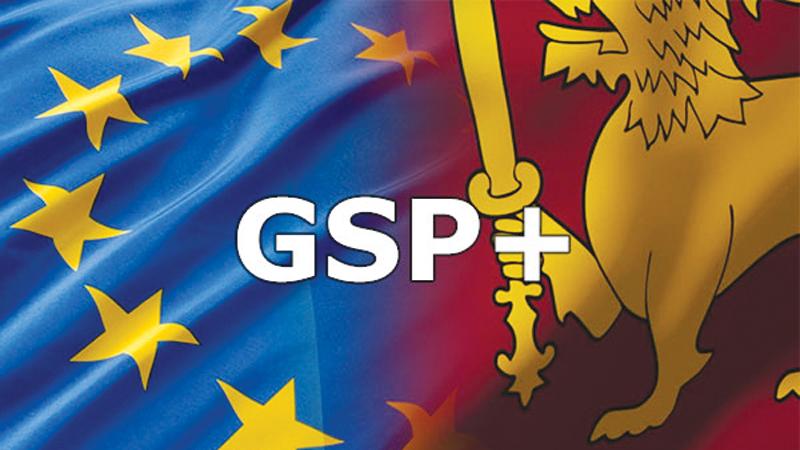
A team of senior European Union (EU) officials began an official visit to Sri Lanka on September 27 to review Sri Lanka’s progress in implementing the 27 international conventions applicable under the Generalised System of Preferences Plus (GSP+). These conventions, ratified by Sri Lanka, cover human and labour rights, environment and climate, as well as good governance principles. Over the course of ten days, the officials held wide-ranging meetings with representatives of the government, including President Gotabaya Rajapaksa, Foreign Minister Prof. G.L. Peiris, Justice Minister Ali Sabry and Finance Minister Basil Rajapaksa.
The officials also met the Opposition, civil society including human rights defenders, trade unionists and employers. They had exchanges with EU Member States Ambassadors and UN agencies.
The monitoring mission addressed issues impacting human rights and the rule of law, economic, social, and cultural rights, and labour relations.
The visiting officials discussed the Prevention of Terrorism Act (PTA), recalling that the amendment of the PTA was a key commitment in readmitting Sri Lanka to the GSP+ scheme in 2017. There was a significant focus on non-discrimination, the respect for the rights of all communities in Sri Lanka, the ongoing use of the PTA, impediments to the exercise of fundamental freedoms, and the development of draft legislation on Non-Governmental Organisations.
The meetings also reviewed drugs policy, environment and climate change, as well as corruption.
The utilisation and future development of the GSP+ scheme was the topic of a webinar organised by the European Chamber of Commerce in Sri Lanka, with the participation of EU representatives. EU Ambassador Denis Chaibi said, “The effective implementation of international commitments forms the basis of Sri Lanka’s privileged access to the EU market. We have been working together with the Sri Lankan Government since 2015 to advance the issues of concern and welcome the continued engagement. The monitoring and engagement with the Government will be the subject of regular reports to the European Parliament and the Council of Ministers.”
The EU’s GSP+ scheme is a unilateral trade tool that removes import duties from products coming into the EU from lower middle-income countries, supporting sustainable development. The EU granted Sri Lanka better access to the EU for its exports. It did so under the EU’s Generalised Scheme of Preferences Plus (GSP+) which enables Sri Lanka to export more to the EU thereby helping the economy develop and create more and better jobs for its people.
The GSP+ scheme is conditional on Sri Lanka advancing human and labour rights and working towards sustainable development.
The EU is Sri Lanka’s second-largest trading partner after China and its second main export destination, absorbing 22.4% of Sri Lankan exports last year. Last year, Sri Lanka was the EU’s 69th largest trading partner in goods accounting for 0.1% of EU trade.
Sri Lanka’s exports to the EU are dominated by textiles and clothing, accounting for 52.3% of Sri Lanka’s total exports to the EU in 2020. EU27 imports from Sri Lanka have been constantly increasing since 2016 reaching €2 083 million last year.
